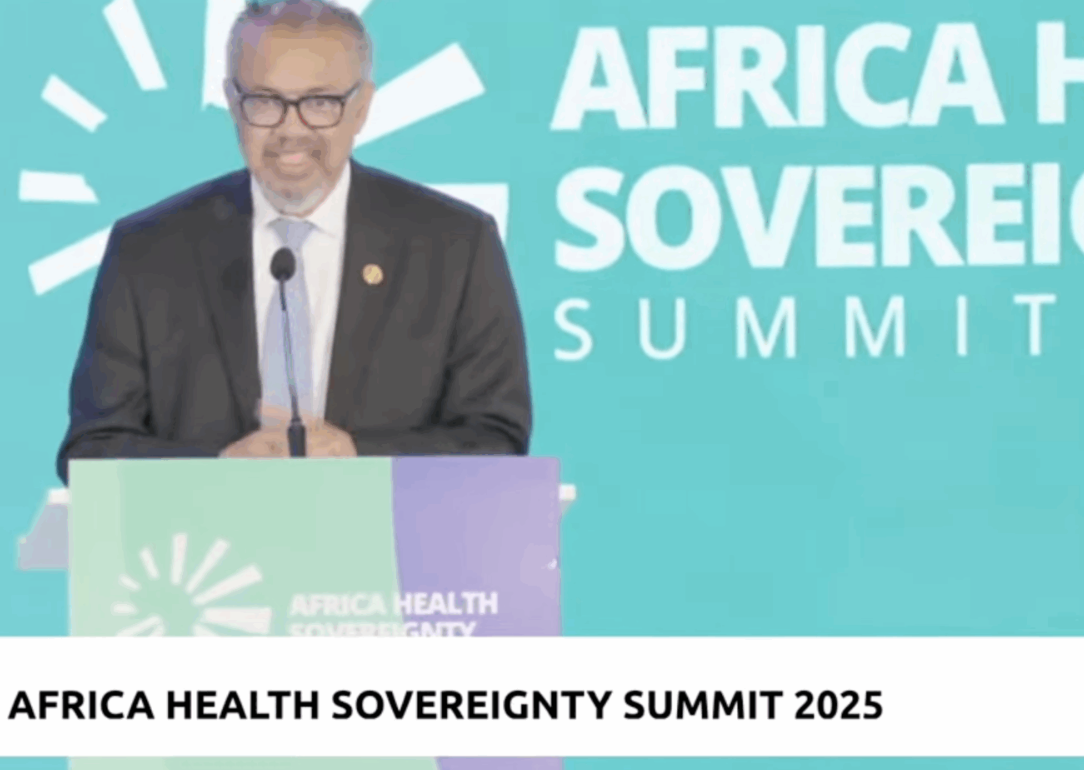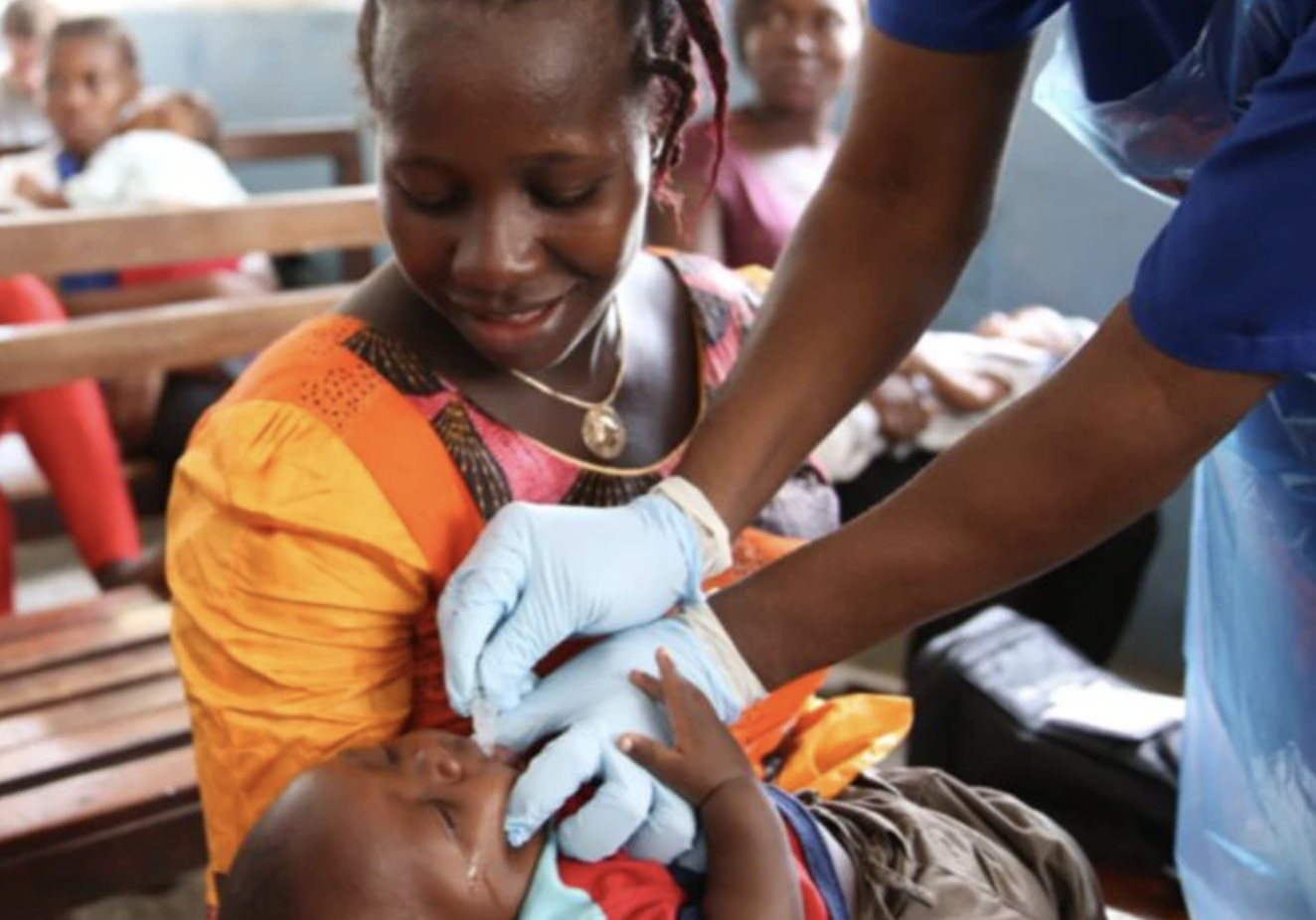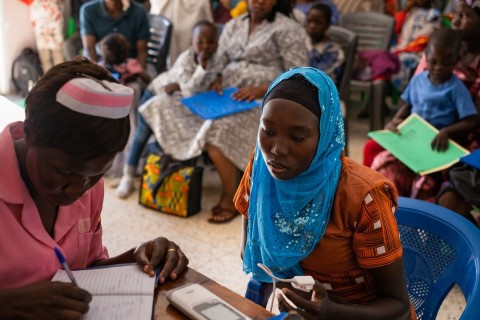At the Africa Health Sovereignty Summit, leaders led by Ghana’s President Mahama and ex-Nigerian president Obasanjo called for African-funded health systems, rejecting aid dependency. WHO’s Tedros urged health taxes, efficiency, and sovereignty to counter massive aid cuts and structural financial losses.
At the Africa Health Sovereignty Summit in Accra, Ghana, former Nigerian president Olusegun Obasanjo declared that “Africa needs health without aid,” urging leaders to create a continent-wide health fund under the African Development Bank. The initial funding, he proposed, could come from an airline tax on passengers flying into or out of African countries. Obasanjo called on leaders to stop lamenting aid cuts and instead seek bold, homegrown solutions to Africa’s health financing crisis.
The summit, hosted by Ghana’s President John Dramani Mahama, was convened in response to unprecedented reductions in development assistance—dropping by 40% in the last two years, the steepest decline in decades, particularly since the suspension of US aid programs. Mahama described the cuts as not only a funding gap but “a crisis of imagination, a vacuum of solidarity and a deep failure of shared responsibility.”
Building on the advocacy of leaders like Rwanda’s Paul Kagame, Mahama announced the formation of a Presidential High Level Task Force on Global Health Governance to engage African leaders and partners in redesigning a health system that reflects Africa’s needs, voices, and innovations. He acknowledged that abrupt donor withdrawals had crippled Ghana’s community-based primary health delivery model, prompting the government to uncap health insurance financing and launch the Ghana Medical Trust Fund to tackle chronic diseases.
Mahama also unveiled SUSTAIN—Scaling Up Sovereign Transitions and Institutional Networks—a tool to map all domestic and international health funding sources, identify gaps, and mobilize private sector, philanthropic, and diaspora resources for sustainable health financing.
World Health Organization (WHO) Director-General Dr Tedros Adhanom Ghebreyesus warned that the aid cuts are “causing the most severe disruptions to health systems since the peak of the COVID-19 pandemic.” WHO estimates show health aid could fall by up to 40% this year alone, stranding medicines in warehouses, leaving clinics closed, and depriving millions of care. Still, Tedros saw an opportunity for Africa to transition from aid dependency to sovereignty, self-reliance, and solidarity.
Describing aid dependency as unsustainable, Tedros argued that “Africa does not need charity. Africa needs fair terms.” He urged governments to fund essential health benefit packages, implement higher health taxes on tobacco, alcohol, and sugary beverages—which could generate $3.7 trillion globally over five years—and use pooled procurement, domestic manufacturing, and digital budget systems to strengthen efficiency. Yet, he cautioned that 13% of health budgets in low- and middle-income countries remain unspent due to weak financial systems.
Highlighting structural challenges, Tedros noted that Africa received $74 billion in aid in 2023 but lost $90 billion to illicit financial flows and $55 billion to corporate tax exemptions, emphasizing that the continent gave more than it gained.
Mahama closed by urging finance ministers to treat health spending as an economic investment, not a drain, pointing to WHO evidence that every $1 invested in health resilience yields up to $4 in returns—potentially even greater in Africa due to its youthful, dynamic population.




